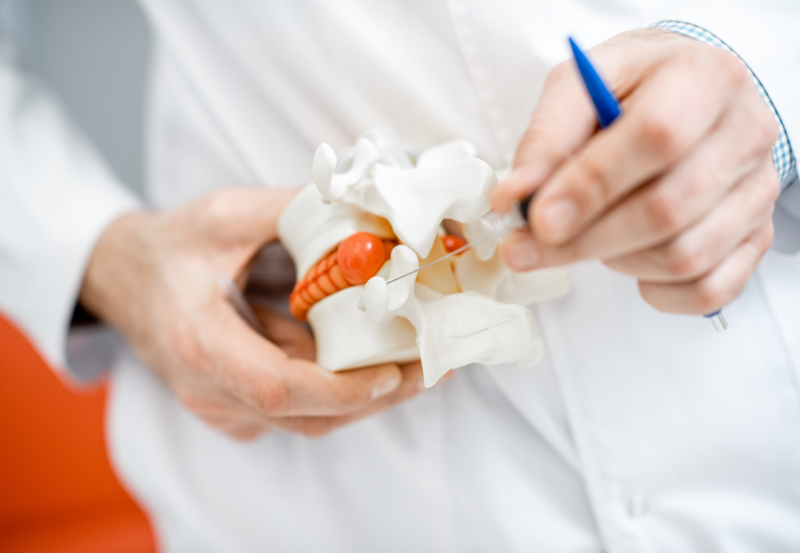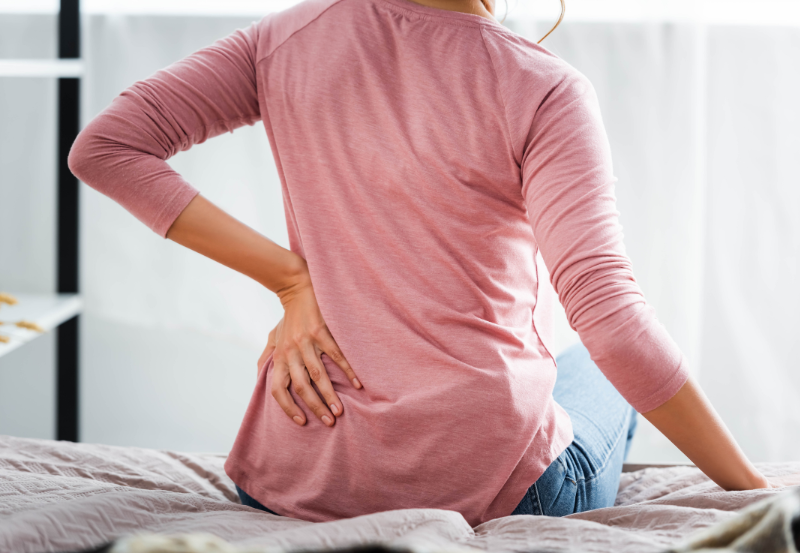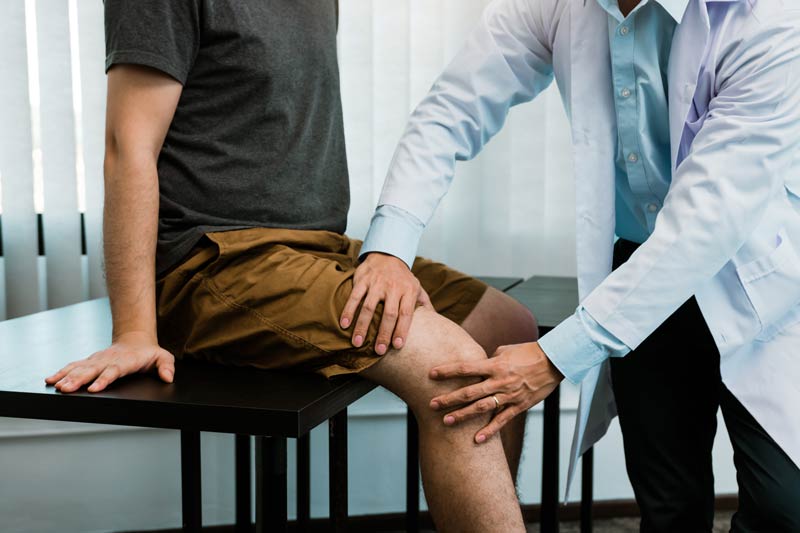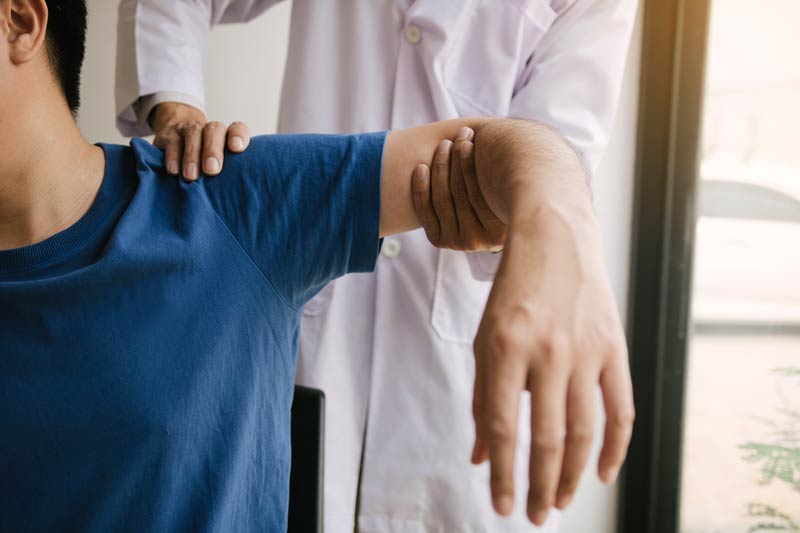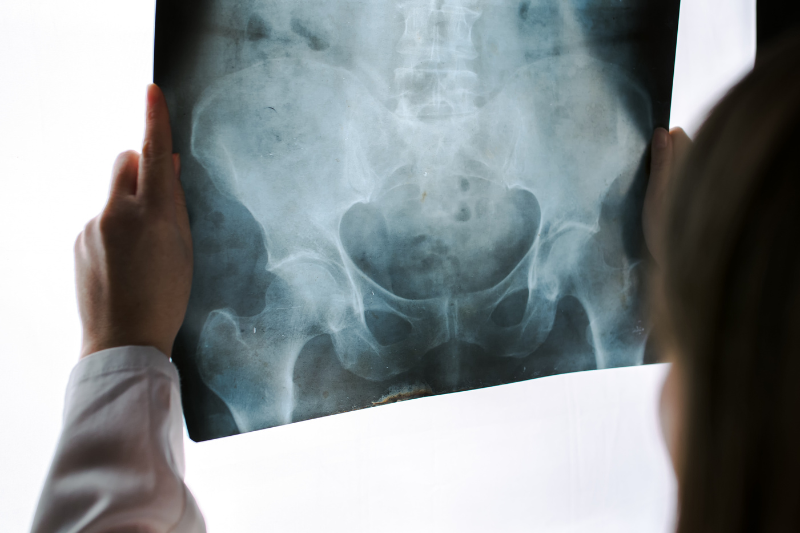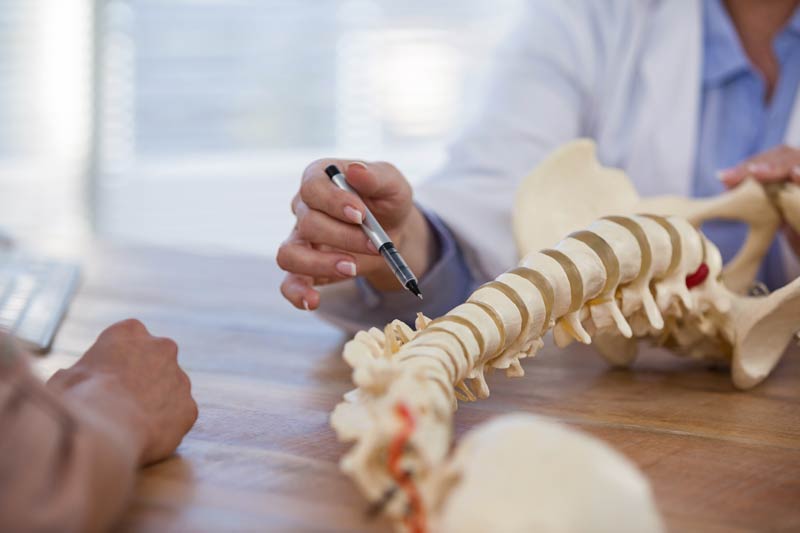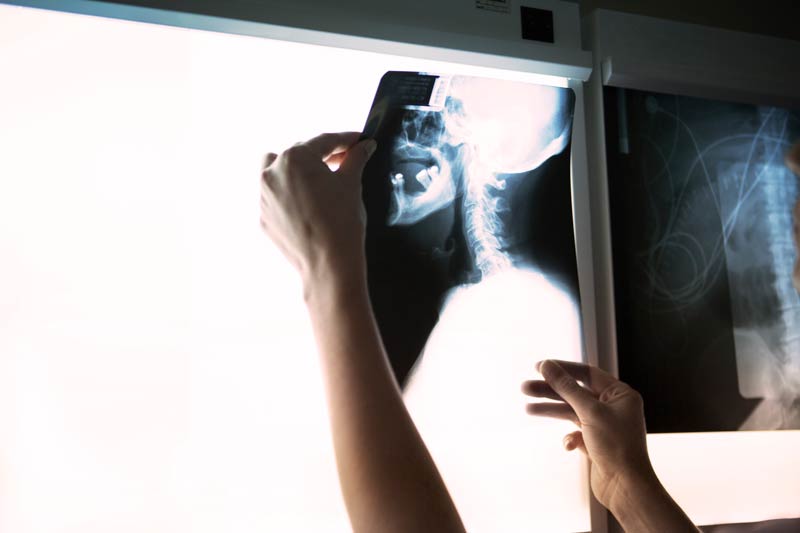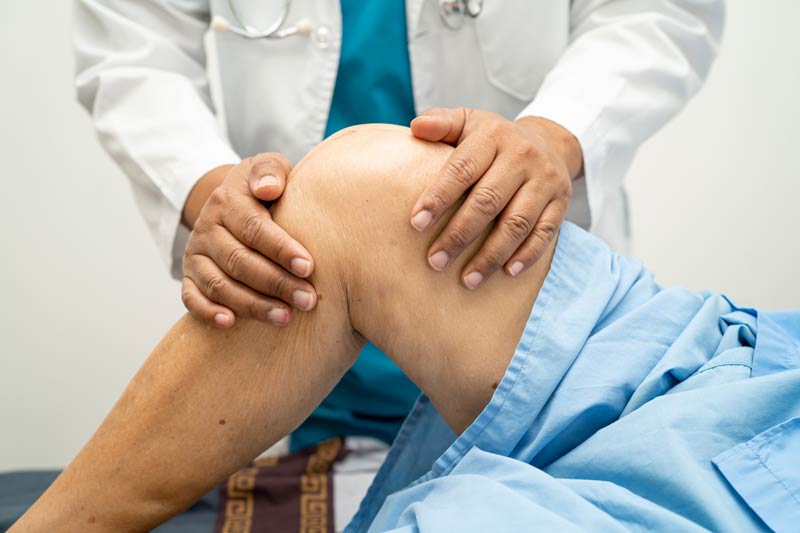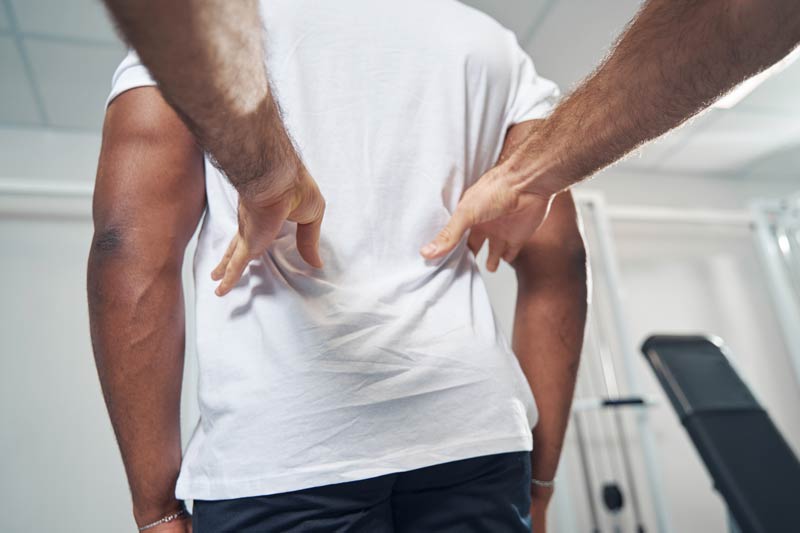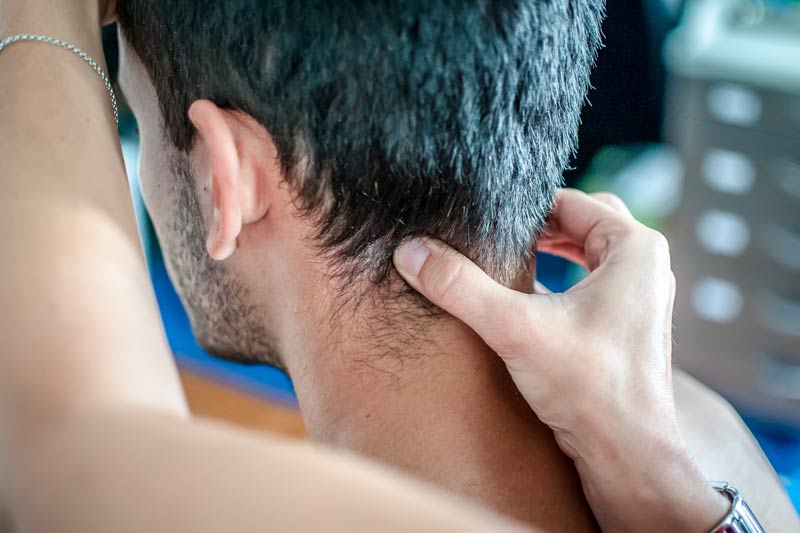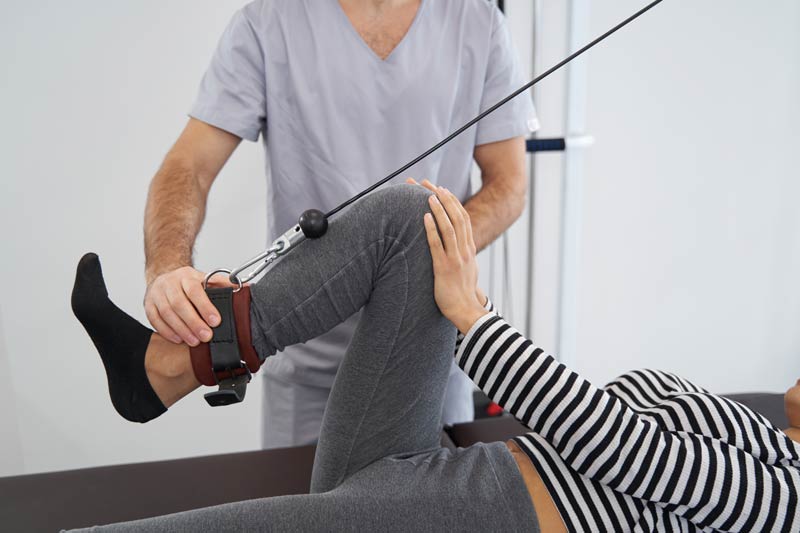What Is a Herniated Disc?
A herniated disc is a serious condition that occurs when one of the discs between the vertebrae of the spine is compressed. This can cause the substance that provides support and cushioning to herniate, resulting in irritation, discomfort, or pain. Also known as a ruptured disc or a slipped disc, herniated discs can severely impact your quality of life. If you think you may have a herniated disc, it’s important to seek medical attention right away.
What Causes a Herniated Disc?
Herniated discs can occur for a variety of reasons, including age-related wear and tear, spinal injury, or a combination of both.
There are a number of risk factors that may make someone more susceptible to developing a herniated disc, such as obesity, smoking, or participating in high-impact activities.
What are the Symptoms of a Herniated Disc?
If you have a herniated disc, you may experience pain, numbness, or tingling in the affected area. The symptoms will dep
end on the location of the herniated disc. For example, if it is in your spine, you may have lower back pain and numbness or tingling in your buttocks, calves, or thighs. If the herniated disc is in your neck, you may have pain, numbness, or tingling in your arm or shoulder.

What are My Treatment Options for a Herniated Disc?
If you’re dealing with a lot of pain and discomfort, surgery might be the best option. However, it’s usually only recommended in extreme cases. Other potential treatments include avoiding activities that could irritate the area, taking muscle relaxers or pain medication, and spinal decompression.
A consultation with a professional can help you figure out which treatment is right for you. They’ll take your lifestyle into account to make sure you’re getting the best possible care.
Frequently Asked Questions About Herniated Discs
Is a herniated disc serious?
A herniated disc can be a serious condition if left untreated. The disc itself is not usually the problem, but rather the nerve damage that can occur as a result of the herniation. Over-the-counter medication and exercise may help to alleviate the symptoms, but it is important to see a doctor if the pain persists.

